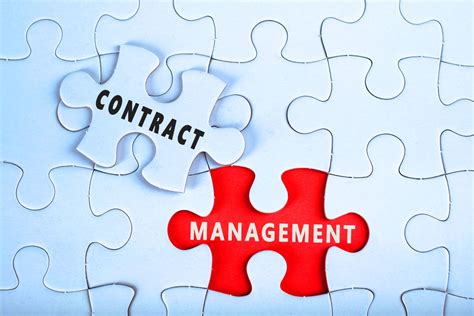In today's rapidly evolving travel industry, technology has become an essential component of daily operations. As travel companies continue to adopt innovative solutions, navigating travel and tech contracts has become increasingly complex. With the rise of digital transformation, travel companies must be able to effectively manage their contracts to ensure smooth operations, protect their interests, and maintain compliance with regulatory requirements.
Understanding the Importance of Travel and Tech Contracts
Travel and tech contracts are critical components of the travel industry, as they govern the relationships between travel companies, technology providers, and other stakeholders. These contracts outline the terms and conditions of service, payment, and data sharing, among other essential elements. With the increasing reliance on technology, travel companies must carefully review and negotiate these contracts to ensure they are getting the best possible deal.
The Consequences of Poorly Managed Contracts
Poorly managed contracts can have severe consequences for travel companies. These consequences can include:
- Financial losses due to penalties or incorrect payment terms
- Disruptions to business operations due to unclear or ambiguous contract terms
- Reputation damage due to data breaches or security incidents
- Regulatory non-compliance resulting in fines or penalties

Key Components of Travel and Tech Contracts
To effectively navigate travel and tech contracts, it's essential to understand the key components involved. These components include:
- Service Level Agreements (SLAs): Outline the expected service standards, such as uptime, response times, and resolution rates.
- Payment Terms: Define the payment structure, including frequency, amount, and any applicable discounts or penalties.
- Data Sharing and Security: Govern the sharing and protection of sensitive data, such as customer information and payment details.
- Intellectual Property (IP) Rights: Establish ownership and usage rights for IP assets, such as software, trademarks, and copyrights.
- Warranties and Representations: Provide assurances about the performance, quality, and functionality of technology solutions.

Best Practices for Negotiating Travel and Tech Contracts
To ensure effective contract negotiation, travel companies should follow these best practices:
- Clearly Define Requirements: Establish a clear understanding of business needs and requirements before entering contract negotiations.
- Conduct Thorough Research: Research the technology provider, their reputation, and the market to determine fair market value.
- Engage in Open Communication: Maintain open and transparent communication with the technology provider to ensure mutual understanding of contract terms.
- Negotiate Fair Payment Terms: Negotiate payment terms that align with business needs and budget constraints.
- Establish Strong Data Security Provisions: Ensure robust data security provisions are included in the contract to protect sensitive data.

Managing Travel and Tech Contracts Post-Signature
After signing a contract, travel companies must continue to manage and monitor its performance. This includes:
- Regular Review and Audits: Regularly review and audit contract performance to ensure compliance with terms and conditions.
- Communication and Collaboration: Maintain open communication and collaboration with the technology provider to address any issues or concerns.
- Change Management: Establish a change management process to ensure smooth implementation of contract amendments or updates.

Gallery of Travel and Tech Contracts






FAQ Section
What is the importance of travel and tech contracts in the travel industry?
+Travel and tech contracts are critical components of the travel industry, as they govern the relationships between travel companies, technology providers, and other stakeholders.
What are the key components of travel and tech contracts?
+The key components of travel and tech contracts include Service Level Agreements (SLAs), Payment Terms, Data Sharing and Security, Intellectual Property (IP) Rights, and Warranties and Representations.
What are the best practices for negotiating travel and tech contracts?
+The best practices for negotiating travel and tech contracts include clearly defining requirements, conducting thorough research, engaging in open communication, negotiating fair payment terms, and establishing strong data security provisions.
We hope this article has provided valuable insights into navigating travel and tech contracts effectively. By understanding the importance of these contracts, key components, and best practices for negotiation, travel companies can ensure smooth operations, protect their interests, and maintain compliance with regulatory requirements.
